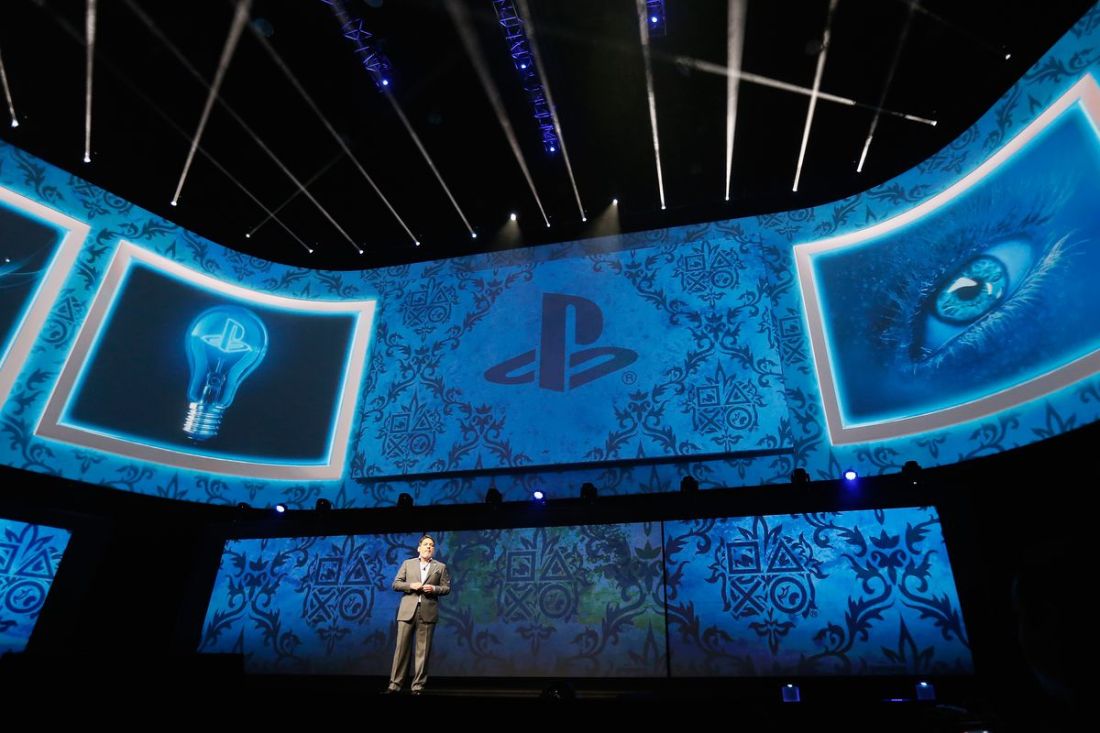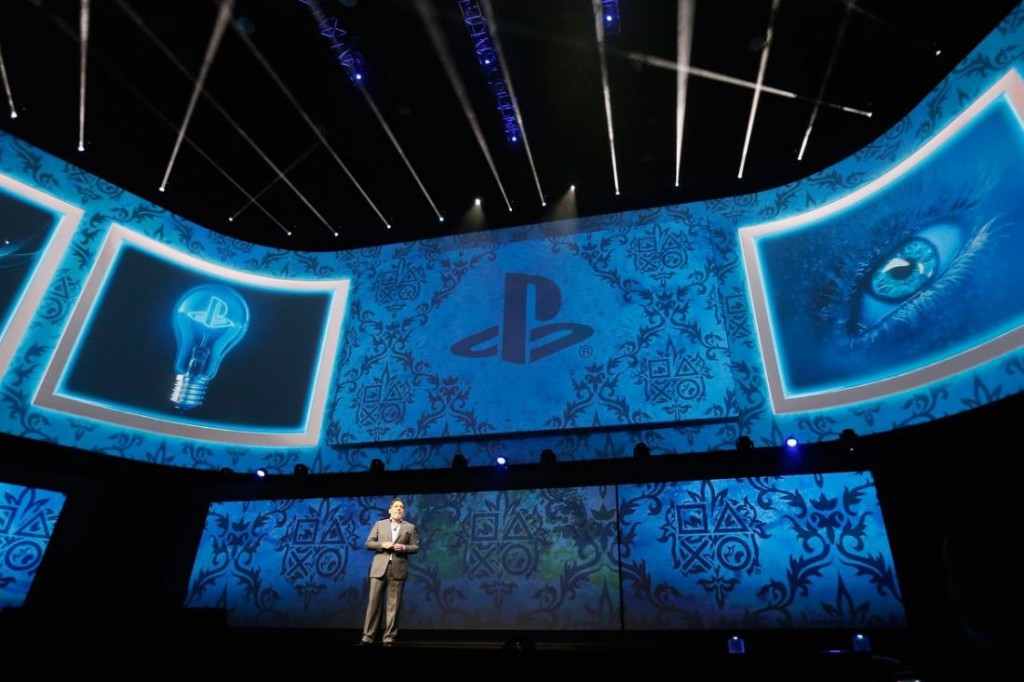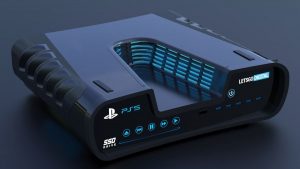The PlayStation 5 is coming. Granted, we don’t know when it will be released, we don’t know what games it will feature, we don’t know its exact specs, and we don’t even know if it will be called the PlayStation 5. Admittedly, that makes it hard to really talk about the PS5 with authority.
However, the history of video game console releases does tell us that the most important thing we don’t yet know about the PS5 may be its price.
A recent rumor (which is honestly so thin that we don’t think you should buy into it yet), suggests that the PS5 could launch with a $499 price tag. While that rumor isn’t based on much meaningful information, it does start an interesting conversation about what the PS5’s price should be.
There’s no guaranteed path to success when you’re launching a new console, but recent history suggests that the cheaper console has an advantage. The Wii was cheaper than the PS3 and Xbox 360, the PS4 was cheaper than the Xbox One, the PlayStation was cheaper than the Sega Saturn, and everything was cheaper than the 3DO.
Before you say anything else, I can hear you from there. Yes, those are cherry-picked examples, and yes, there are exceptions. In fact, it’s important to look at some of those exceptions. The GameCube was cheaper than the PS2, but it sold fewer units. The Nintendo 64 was cheaper than the PlayStation, but it sold fewer units. The Sega Genesis was cheaper than the Super Nintendo (slightly), but it sold fewer units.
What’s funny in those instances is that the console that sold fewer units despite its lower price was either technically more powerful than the console that outsold it or was at least marketed as being more powerful.
Historically speaking, console power is one of the least important factors when determining a device’s success. The best selling consoles of their respective generation in the last 19 years (the PlayStation 2, the Nintendo Wii, and the PlayStation 4) were either not the most powerful console of their generation or didn’t offer any kind of noticeable power difference over their most notable rivals.
It’s no coincidence that two Sony consoles appear on that shortlist. In fact, they’d probably own all three spots if Nintendo hadn’t decided to throw console power and capabilities out the window when they launched the absurdly successful Nintendo Wii.
Again, I hear what you’re saying. Who cares about overall market success? Isn’t power more important to the more hardcore audiences looking to buy a next-gen console? To that, I would say that it probably is but it probably shouldn’t be.
The fact of the matter is that video game technology hasn’t advanced all that during the latest generation. Companies like AMD and Nvidia are trying to sell us on the latest technological buzzwords, but there have been few technological innovations in gaming that have resulted in gameplay innovations. Based on the current high-end PC market (a good barometer for upcoming console technology) there isn’t much hardware the PS5 can ship with that’s going to be a true game changer.
There’s also the fact that many of the most popular games right now (including Fortnite) don’t need that much hardware help. PS exclusives like God of War and Spider-Man certainly benefit from enhanced technology, but we’re reaching a point of diminishing returns in terms of the hardware that the PS5 could launch with. New tech may come along that inspires Sony to release an incremental upgrade to the PS5 at some point, but that’s a future concern.
The concern for the moment, though, should almost certainly be the PS5’s price point. Sony once foolishly believed that their brand, their console power, their exclusives, and their previous success would trump a higher price point, and that philosophy resulted in one of their biggest missteps yet, the PS3. Let’s hope they don’t make that mistake again.





